As marketers, we invest a lot of our time and energy into SEO.
Considering that Google receives over 66,000 searches every second, we’d be stupid not to.
But when it comes down to it, Google and other search engines are just one of the many ways you can drive traffic to your website.
In fact, depending on your target audience and competition, Google may not even be your best traffic source.
Take Upworthy, for example.
This site, which has a reputation for sharing feel-good viral videos, gets almost 43% of their traffic from social and less than 19% from search.
Groups of consumers all use the web differently.
Some like to get their content from friends or influencers on social.
A few depend on their trusted newsletters to tell them what content they need to read.
Others use an alternative search engine like YouTube or even Facebook.
To prove that you don’t need Google to drive traffic to your website, here are six alternatives that can help boost your visits.
-
Create a YouTube channel
-
Start conversations on social
-
Partner with influencers
-
Take advantage of your email subscribers
-
Provide assistance on forums and question sites
-
Take advantage of guest posting
1. Create a YouTube channel
YouTube has 1.5 billion active users each month, making it the world’s second-largest social platform.
With 1.5 billion active users each month, YouTube is the world’s second-largest social platform.
Over 30 million users log on to watch a total of 5 billion videos each and every day.
These numbers are massive.
However, these numbers still don’t rival Google, which processes about 3.5 billion searches per day.
So, how can you drive even a fraction of the traffic with YouTube that you could with Google?
Well, the beauty of YouTube is that it allows you to share videos.
While Google does display YouTube videos as part of its results lists (Google does, after all, own YouTube), the results aren’t quite the same.
In order to appeal and reach these video-lovers, you need to create YouTube content.
Because YouTube reaches more people from the ages of 18-49 than any cable network, this is particularly true if you’re marketing to younger generations.
Gen Z’s love affair with YouTube runs especially deep.
In fact, 50% of Gen Z-ers told AdWeek they wouldn’t be able to live without the sharing site.
They also shared why.
For Gen Z-ers, YouTube is more than just a video-sharing site. Look at all of the things that they go to YouTube for:
If Gen Z’s love for videos continues as they grow older and start making new purchasing decisions, this may be a major game-changer for marketing in years to come.
Uploading videos to YouTube allows you to appear in front of customers who use the site like a traditional search engine.
Then, with appropriately-placed links, you can drive those users back to your website.
Let’s take a look at how GoPro’s YouTube channel does this.
As one of the most popular YouTube channels around, GoPro uses their high-quality videos to show what their product is capable of doing.
However, simply uploading videos doesn’t drive sales.
That’s why they also make it easy for customers to get from their YouTube channel to a product page.
Here, we have a video shot users shot with the GoPro HERO6:
Right within the first couple lines of the description, viewers have a link that will bring them straight to the product page for the GoPro HERO6.
Interested customers can check out what the new camera is capable of, then easily make their way over to the GoPro website to get additional details or make a purchase.
And this isn’t the only way GoPro pushes traffic to their website.
You can also find a link to their website and their social media profiles within their cover image.
This gives YouTube users who land on the company’s channel an opportunity to get to their website quickly.
You can also add links to your website within your actual video content.
YouTube even offers features that allow users to create interactive video ads.
These features display either over the video itself or at the end of a video, prompting viewers to make the next move.
You’ll see from this chart that both call-to-action overlays and auto end screens help drive traffic to your website.
Here’s an example of a call-to-action overlay from a HubSpot video.
YouTube features the link right within the middle of the video. HubSpot timed it perfectly so that it appears when the viewer has a thorough enough understanding of inbound marketing to start feeling enticed.
Now, let’s compare this to an auto end screen.
Here’s an example from The Tonight Show Starring Jimmy Fallon.
This presents the viewer with a number of different options when they’ve completed a video. It includes an offer to head to the NBC website to download the show’s app.
When using either of these interactive features, be sure to provide a clear and direct value to your watcher.
Also, keep in mind that you don’t want to plaster over your video with links to dozens of content pieces.
Instead, focus on just one or two that truly support the contents of your video.
2. Start conversations on social
If you do it correctly, social can rival Google as a traffic source.
According to Sprout Social, 48% of Millennials and 48% of Gen X-ers followed a brand on social media in Q1 of 2017.
This means you have less noise to cut through to get to your target audience.
Additionally, social provides you with an opportunity to engage and entertain – something you’ll struggle to do on a search engine.
When social users scroll through their timelines and news feeds, they’re looking for just about anything that will pique their interest.
If you’re capable of providing something high-quality and interesting, they’ll click through to your site to check out more.
However, it’s important to recognize how social is changing for brands.
In 2017, social accounted for 25.6% of all site visits.
But this number is actually down from past years.
From the same study, we can see that from about the end of 2013 to the beginning of 2017, social was outperforming search for driving traffic.
Unfortunately, the changes to the Facebook algorithm led to serious declines in organic reach on the platform.
Compared to the first half of 2017, Facebook saw about a 9% drop in social media referrals in the second half of the year.
However, one social site’s loss is another’s gain.
While Facebook saw a large dip at the end of 2017, both Pinterest and Instagram saw some pretty significant jumps.
Regardless of the social networks you choose to target, you want to provide meaningful and valuable information.
Remember that users log onto social to engage with their friends – not to have someone sell them something.
You want to find ways to engage your user while they’re still on the platform.
Buzzfeed Tasty does an excellent job at this.
Within their Facebook post, they include it all.
They created a video to grab attention.
They have friendly messages that establish the viewer as their friend.
And they include not one but two links that can either push the user to buy or to check out the recipe from the video.
And they do all of that without making it feel overwhelming!
This tactic has gained the Tasty Facebook page serious attention – almost 95 million followers!
To replicate this for your own audience, know your audience and create social content that blends seamlessly into their timelines.
Another way to get a conversation started is to use Twitter threads.
Twitter threads allow you to share insights, tips, and thoughts that connect by replying to yourself – and they have the power to bring you viral attention.
Check out what happened to travel blogger Hey Ciara.
On January 1st, she started this thread.
With this one thread alone, Ciara gained over 13,000 new Twitter followers, 6,000 new Instagram followers, and a 10x increase in her blog traffic.
Threads like these provide a distinct value to followers in a relatable way.
After sharing her secrets, Ciara drops a link to a blog post on her website containing more information.
Though the engagement with the link is significantly less than the first post, it was still able to drive traffic.
She already established authority with her followers in the thread. They trust her and know that she has information worth sharing. That gives them a reason to click on the link.
Creating a Twitter thread typically takes minimal effort. However, you want to be prepared to keep the momentum going.
Know the direction you’re going to take before you begin and be ready to share images, videos, or links that support your claims.
3. Partner with influencers
There are a lot of scams on the web, making shoppers wary about who they choose to purchase from.
If they’ve never heard of a business, they’re not going to pull out their credit cards after seeing just one ad.
Before they’re ready to shop, they need to trust you.
Unfortunately, it takes time to build trust organically.
However, you can speed up that process by working with influencers.
Almost nine out of ten individuals say that they trust online recommendations as much as personal recommendations.
Influencer marketing gives your content a “stamp of approval” from someone your audience already values. This dramatically cuts down on the trust-building process.
There are two main ways that you can get in touch with influencers.
First, you can use the more traditional pathway of having influencers share sponsored posts.
Here’s an example of a sponsored post from Emma Blackery.
The National Citizen Service (NCS) sponsored the ad. In the UK, they offer kids from 15-17 years old a camp-like, professional development opportunity.
By sharing this post, Emma is bringing awareness to NCS while also vouching for its validity.
She also includes a link to the company’s homepage, encouraging her followers to check out the organization more.
Within just five hours, Emma’s post gained over 480 likes, 38 retweets, and 24 comments.
Compared to the handful of likes NCS’s own posts get, this kind of attention is huge.
Paying for advertisements can give you more control as a brand.
If you’re a small business or you have a limited marketing budget, it might not be right for you.
But even if you don’t have money to invest in influencer marketing, you can appeal to influencers for free by featuring them in your own content.
Posts like this one from Comm100 are a great way to connect with several influencers at once.
This not only gives you free promotion, but it can also help you create long-term relationships with influencers and experts you might want to partner with in the future.
If you choose to use this kind of content, have realistic expectations.
It isn’t likely that each influencer you mention will share the post, especially if they already have a large following.
However, reaching out to each expert to let them know that you’ve featured them might help you get a few new shares and a boost in web traffic.
One way of reaching out is to present a quote.
In this Twitter post from Jitesh Patil, he pulled a quote from Robbie Richards and then tagged him in the tweet.
This gained Robbie’s attention, so he retweeted it to his own audience.
This kind of outreach makes it easy for the influencer to share your content. With just one click of a button, they’ve done their job.
You can also reach out via direct message. This is one of Gary Vaynerchuk’s favorite ways to network.
According to Gary, “the key is to connect first, provide value, and THEN given the right opportunity presents itself, ASK.”
This kind of relationship can help you establish long-term relationships with influencers.
4. Take advantage of your email subscribers
The conversation about whether or not email is dying has been happening for years.
Many markers are quick to support social or mobile apps over email marketing.
However, in Adobe’s 2017 Consumer Email Survey Report, they found that email was the preferred form of contact for 61% of survey participants.
In fact, email was the only contact method that actually improved between 2016 and 2017.
But user preference isn’t the only thing that email marketing has over other contact methods.
The average click-through rate is also much higher.
For email, the average click-through rate is 3.42%.
While this might seem low, the average click-through rate for Facebook Ads is only 0.90%.
This means that you’re much more likely to get web traffic from your email subscribers than your social profiles.
And that starts with personalization.
Here’s an example of personalization from LinkedIn.
LinkedIn takes a user’s location, job title, and qualifications and provides unique job recommendations for them.
This goes far beyond simply changing the name at the top of a message. For best results, you need to personalize the email’s body, too.
According to research, personalizing email bodies has a dramatic effect on open rates and click-through-rates.
Open rates are almost 7% higher with a personalized email body, and click-through rates jump by over 1.3%.
You can also personalize the sender name for even stronger click-through-rate results.
Take this example from HubSpot.
When they sent a message from “Maggie Georgieva, HubSpot,” there was a 0.50% higher open rate and 0.25% higher click-through rate than when they sent the email from just “HubSpot.”
For HubSpot, this meant that a personalized sender generated 292 more clicks.
To improve click-through rates even further, you also want to optimize your emails for mobile.
In the study from Adobe that we looked at above, we see that users are much more likely to check their personal email on a smartphone than a desktop or laptop.
Make it easy for your email subscribers to get back to your website regardless of the screen they’re viewing your message on.
Use CTA buttons rather than in-text links and keep your messages short and to the point.
Provide enough information to pique your reader’s interest, but your end goal should always be to push to subscribers back to your site.
5. Provide assistance on forums and question sites
People have a lot of questions.
And they don’t exclusively turn to Google to get their answers.
Users turn to forums and question sites.
Participating in conversations on sites like Reddit for Quora can help you attract individuals looking for answers beyond what Google can provide.
With over 330 million users, Reddit is the fourth most-visited website in the US.
Although Google, YouTube, and Facebook outrank the site in terms of popularity, Reddit beats them all based on the average amount of time that users spend on the site.
Reddit can be a great place to promote your site. However, you need to be strategic with how you go about it.
Most subreddits have strict rules about what you can and can’t say in their comments.
Each subreddit has a moderator. If you post the wrong material, they’ll delete your post and potentially even ban your account.
Users turn to forums like Reddit for help – not to have someone sell to them.
But that doesn’t mean that you can’t use Reddit to drive traffic to your site.
One of the best ways to do it successfully is through an “ask me anything” session, or an AMA.
Here’s an example of a successful AMA from Student Loan Hero.
While the post is promoting the business, it’s more focused on providing Reddit users with valuable information about paying off debt.
By answering questions, Student Loan Hero is able to improve trust with Reddit users and get them interested in the brand.
They also find ways to link to their content and tools as they answer questions.
Here is an example.
Student Loan Hero isn’t using this platform as a way to spit out ads.
Instead, they’re framing their content to fit the unique needs of each individual asking questions.
If you’re trying to be spammy on Reddit, users will be quick to call you out.
However, you can still see a lot of success from the platform by making your value clear.
Jeff Callahan, creator of one of the most successful Reddit posts, says that success on the platform begins with a “non-clickbaity” title.
He begins his post by sharing who he is and how he relates to the other users. Then, he communicates exactly what he has to say and why he’s credible enough to say it.
He then follows these same ideas throughout his post, always relating back to the user before providing tips or insights he can back up with personal experience.
If you use it wisely, Reddit can be a great place to bring visitors to your website.
You can also use Quora, which has 200 million unique monthly visitors, to answer questions from potential audience members.
Here’s an example of how I responded to a Quora question.
Like Reddit, Quora allows you to engage with individuals who are asking questions. Answering questions helps you prove your value to them before they head to your website.
This can encourage more traffic to your page.
Kevin Lee, founder of Product Manager HQ, attributes his business’s start and growth to Quora.
According to his post about how Quora changed his life, Kevin explains that Quora brought thousands of new subscribers to his blog.
He says that people in public have even recognized him from his Quora answers.
If you’re in a niche industry, there are other forums you may want to take advantage of.
For example, marketers may want to become active on Inbound.org while lawyers should check out Avvo.
6. Take advantage of guest posting
Guest posting can be a powerful way to bring new traffic to your website.
About 57% of business bloggers use guest posting as part of their content strategy.
Some major brands even used guest blogging to get their platforms off the ground.
For example, Buffer used guest blogging to grow their site to 100,000 users in their first nine months.
When looking for guest posting opportunities, you want to find sites that are within your niche but aren’t direct competitors.
Hosting a post on another website puts your content in front of a new audience, driving new leads back to your page.
Check out this example of a guest post on Entrepreneur.
As you can see, Dan Dowling, the guest author in this example, has links to his Facebook page, Twitter account, and website homepage.
Guest posting on other websites isn’t the only way to use the strategy to drive traffic.
You can also feature guest posts on your own site.
This not only gives you a bit of a break in your content schedule, but it also encourages guest posters to share links to your page.
Here’s an example from ProBlogger.
ProBlogger benefits from this post because the author, Larry Alton, will want to advertise that they’re featuring him on their site.
Each time Larry promotes the piece, ProBlogger gets a new wave of traffic.
But blogging isn’t your only option.
You can also appear on podcasts or webinars to share your opinion and expertise.
Here’s an example from SEMrush’s Search Marketing Scoop with David Bain.
In this episode, both Barry Schwartz, News Editor at Search Engine Land, and Richard Fergie, a consultant at E-Analytica, jump on the podcast to talk about paid and organic search.
These types of partnerships typically take more time, but they can provide serious returns in the end.
You want to think of what podcasts or webinars your audience may be engaging with that aren’t your direct competitors.
Conclusion
You don’t need Google to drive traffic to your website.
Sure, it helps.
But it shouldn’t be your only traffic source.
In fact, for the most success, you should have multiple pathways bringing new traffic to you.
Use these six traffic-generating sources as a starting point for diversifying how you bring in new visitors.
Pay close attention to your customers and target audience.
If they’re not responding to a particular pathway, don’t waste your time.
When you provide what they’re looking for in an avenue they’re already engaging with, traffic will flock to your page.
What are some of the best traffic sources for your website outside of SEO?
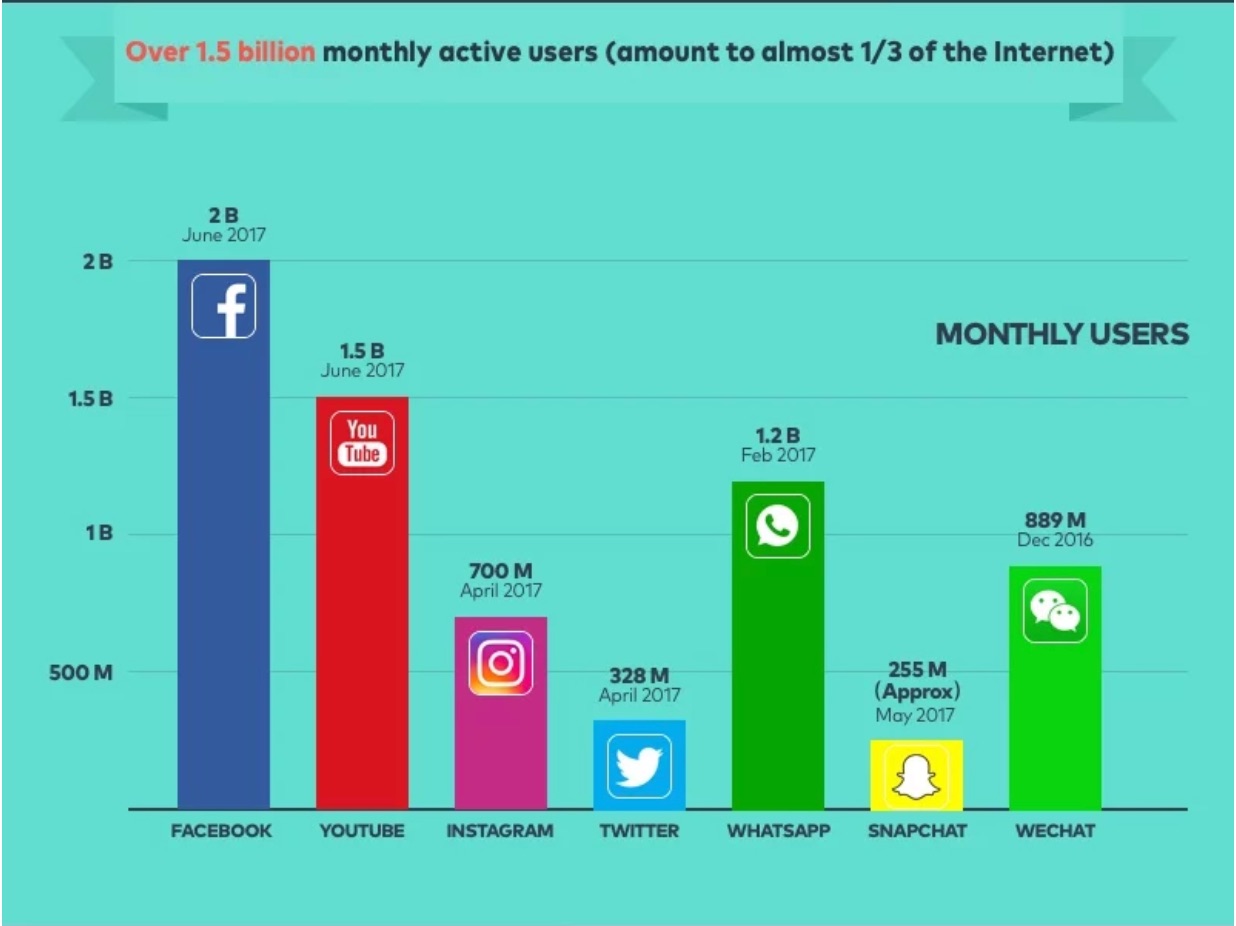
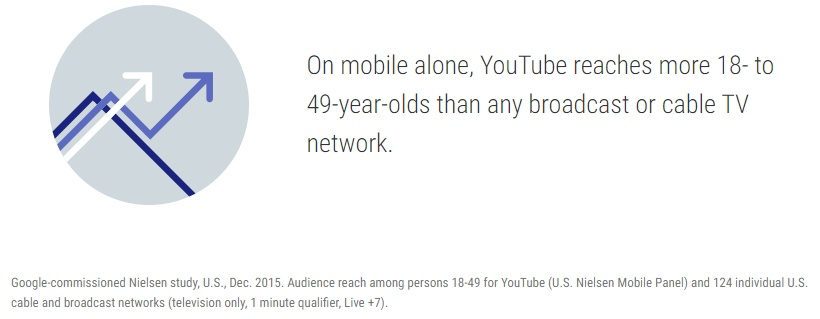
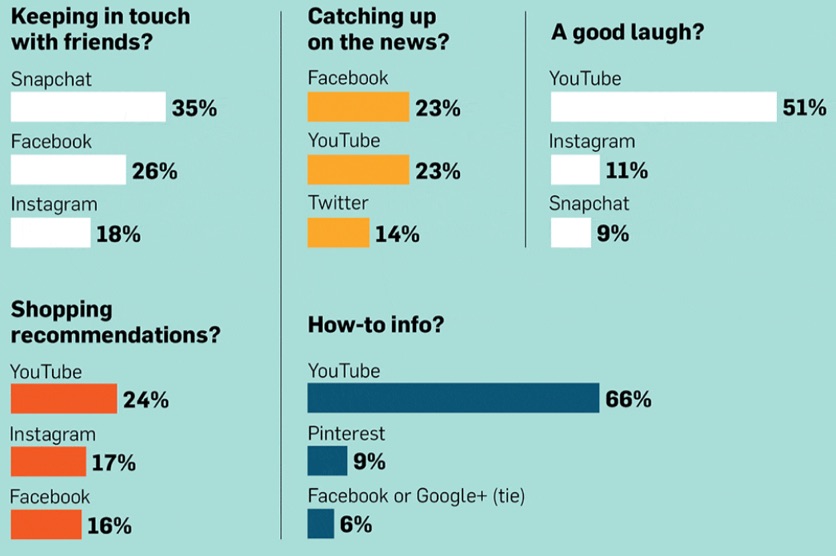
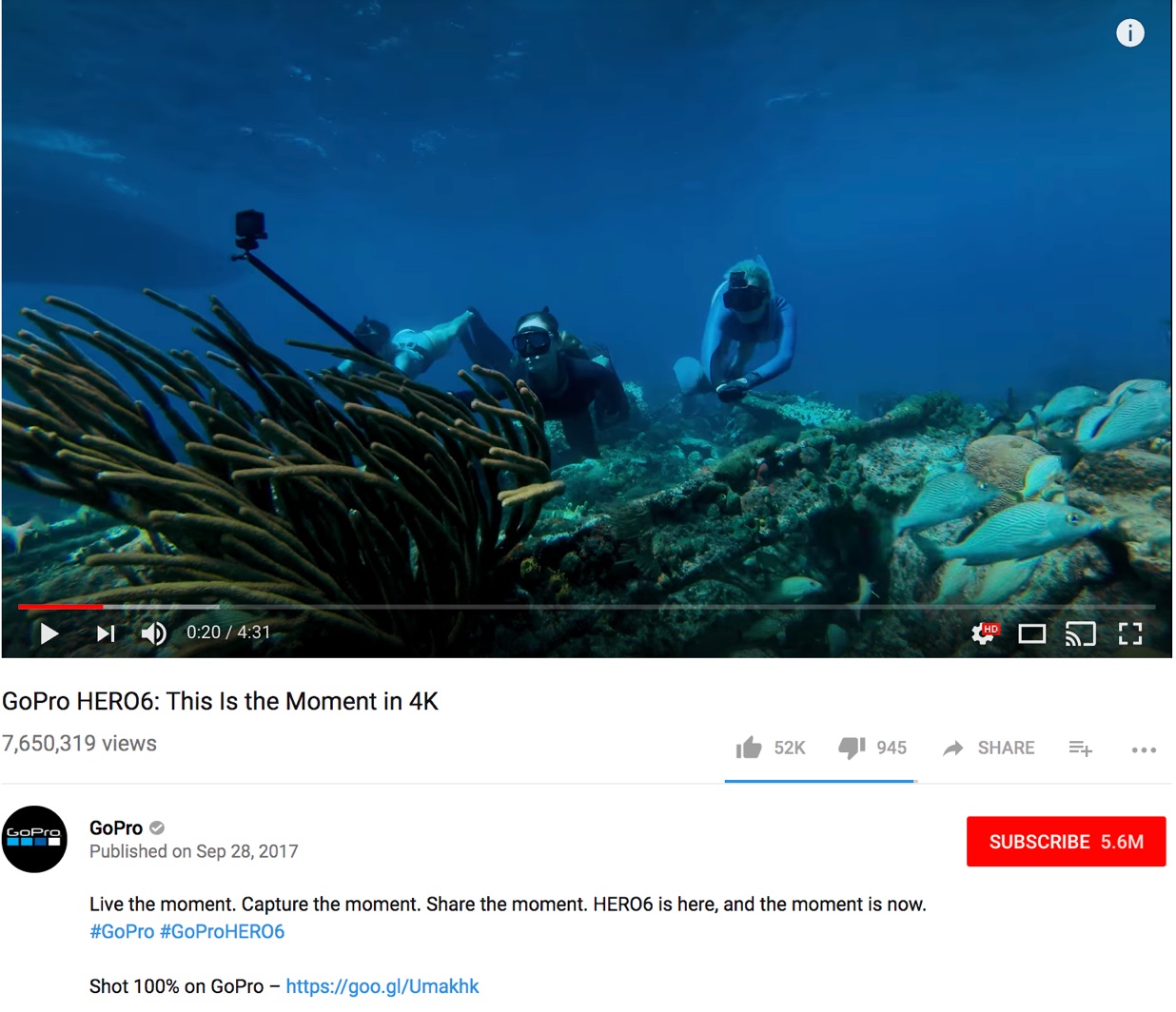

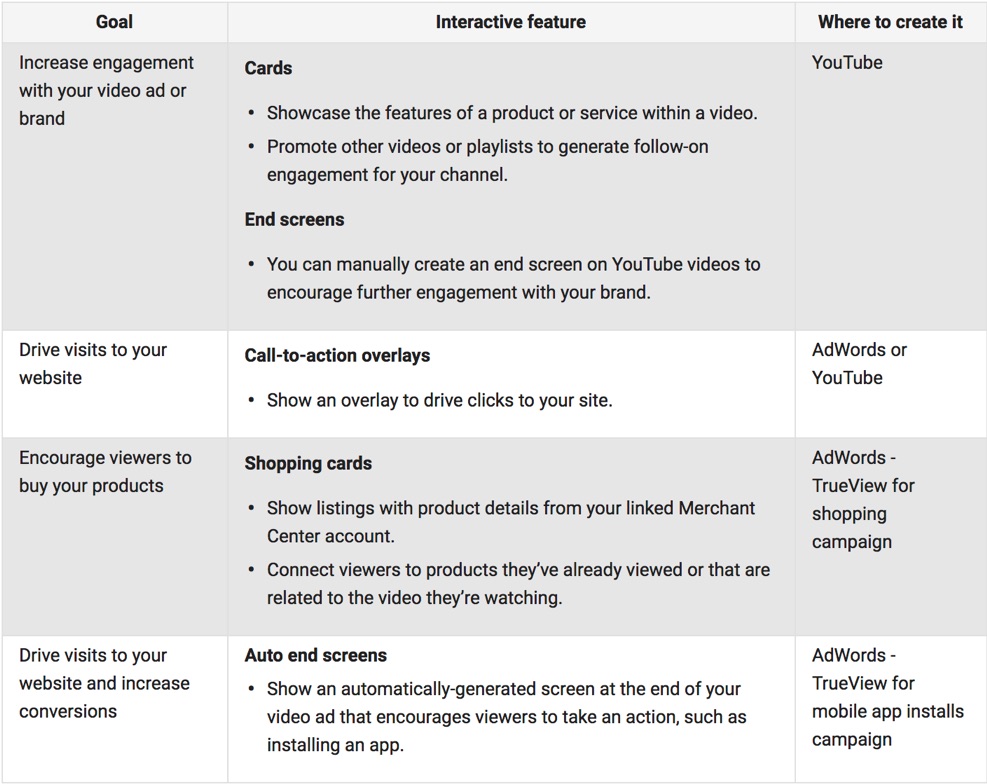
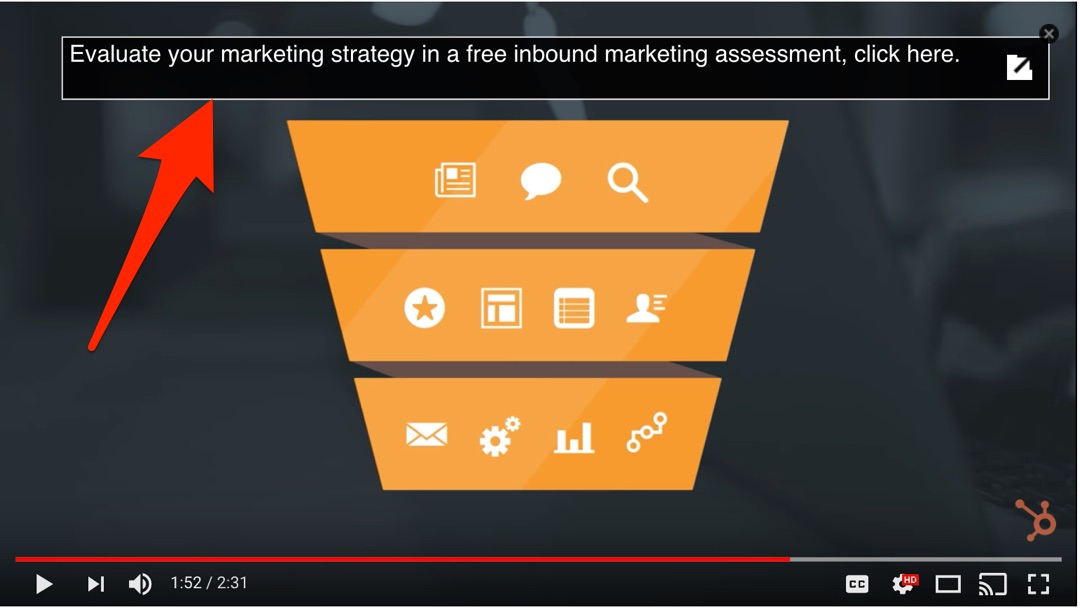
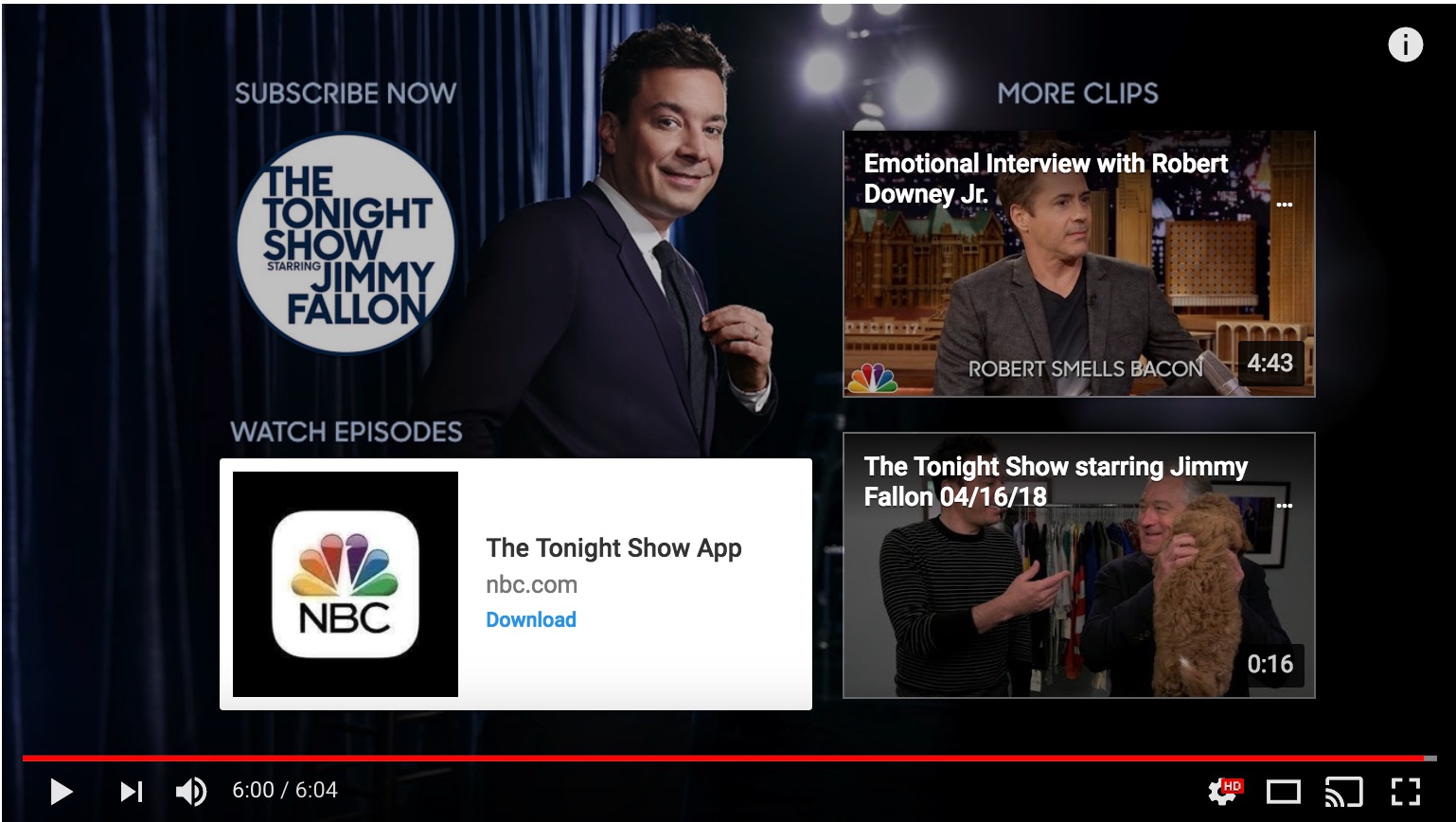
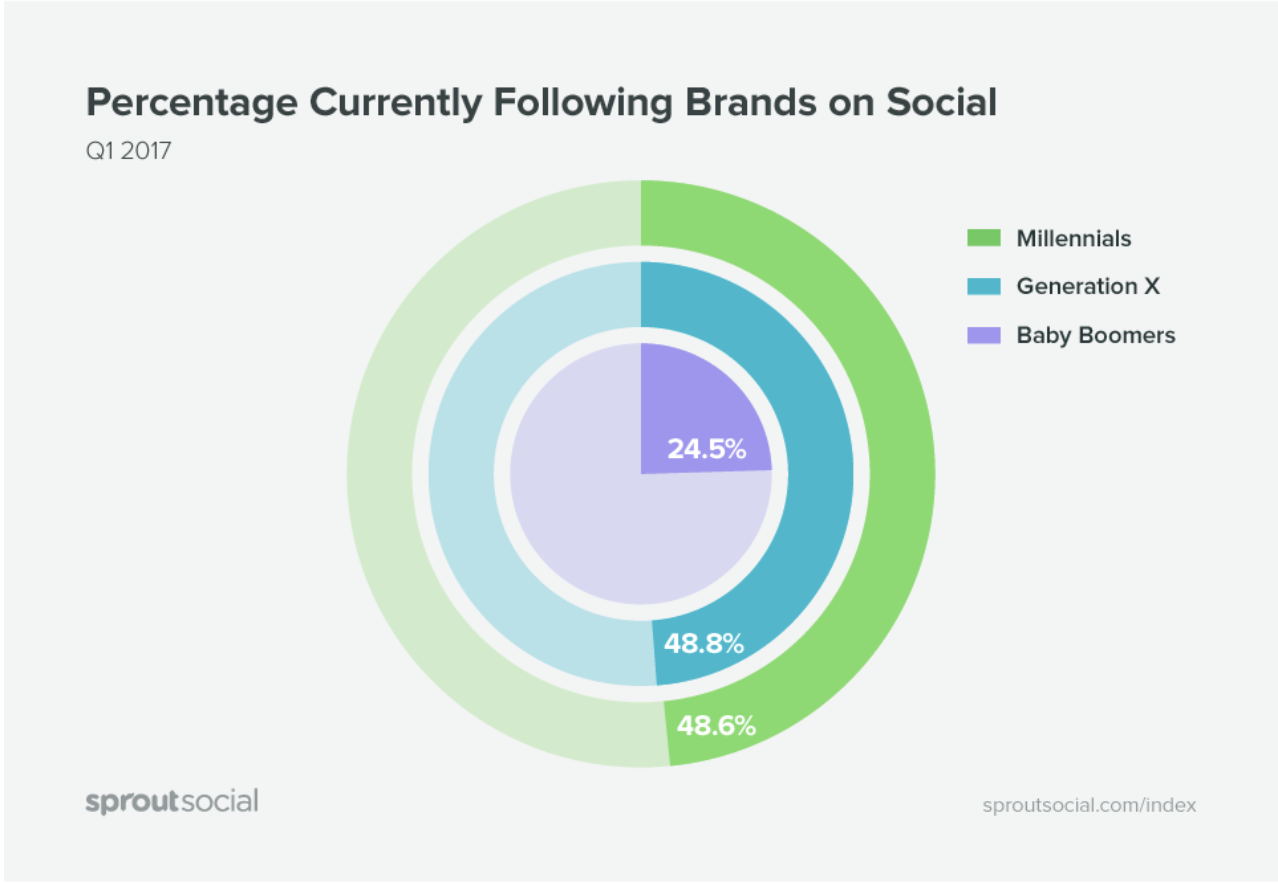
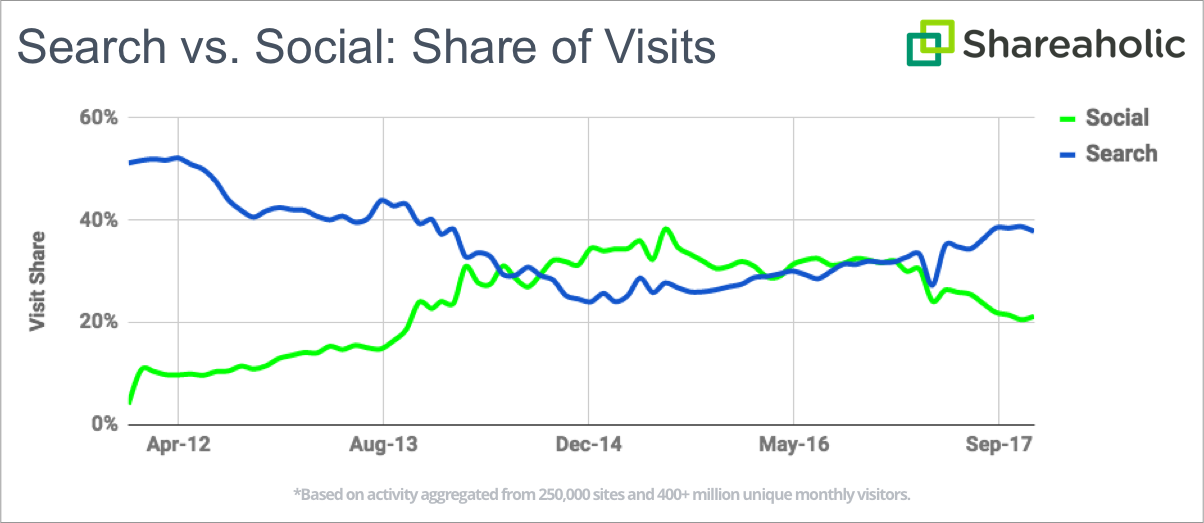
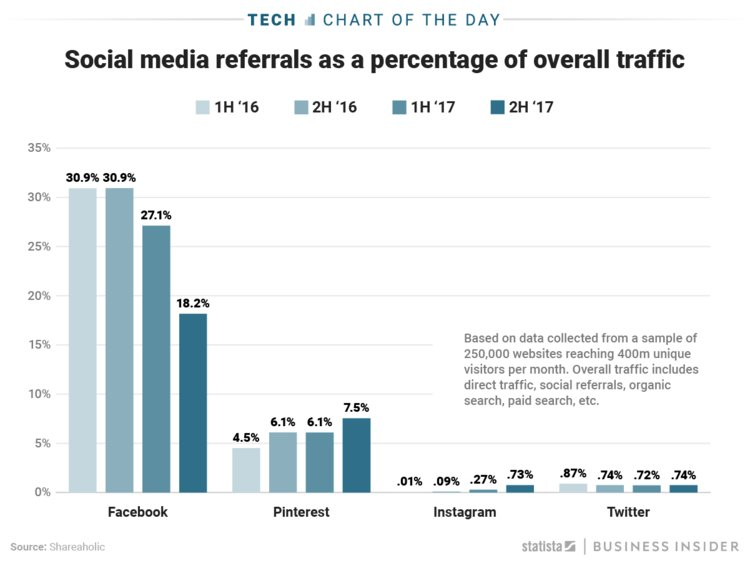
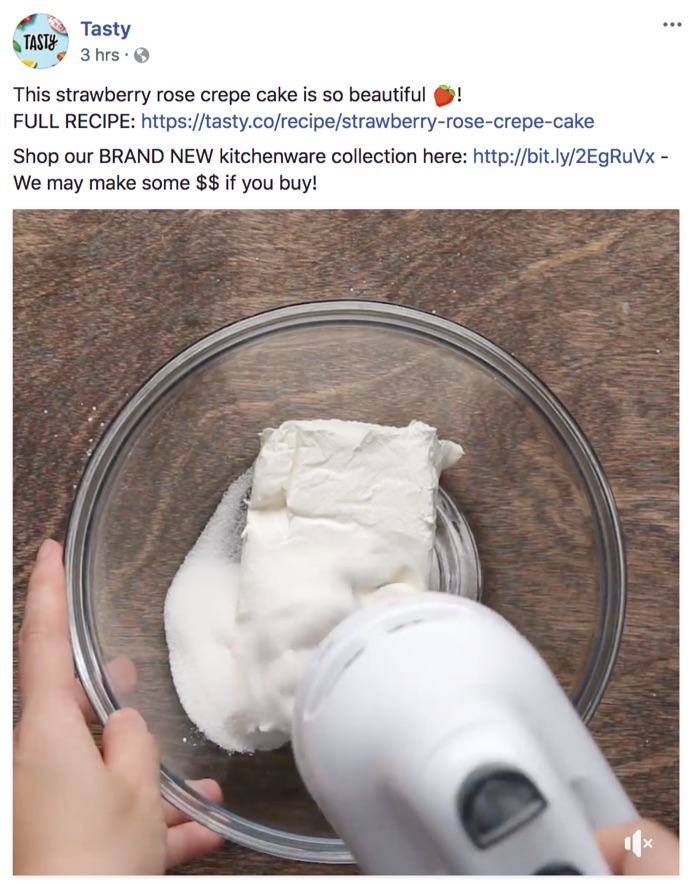
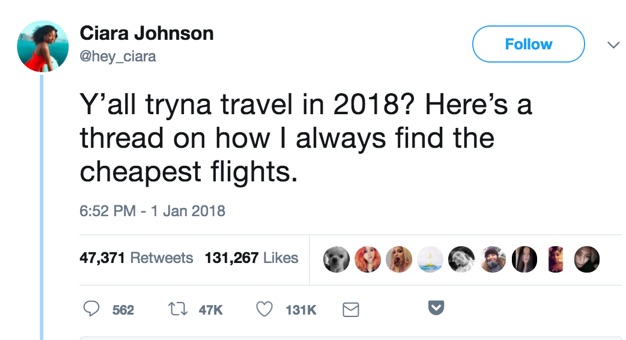

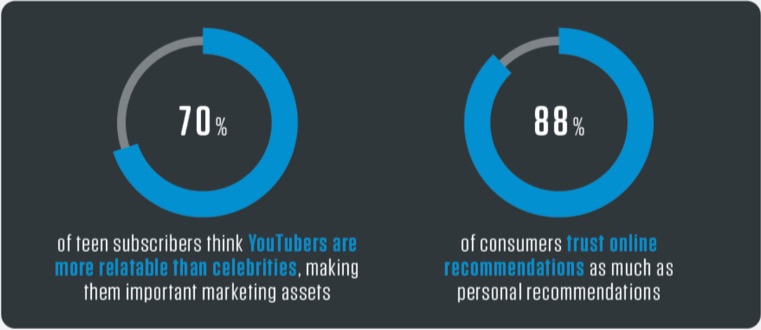
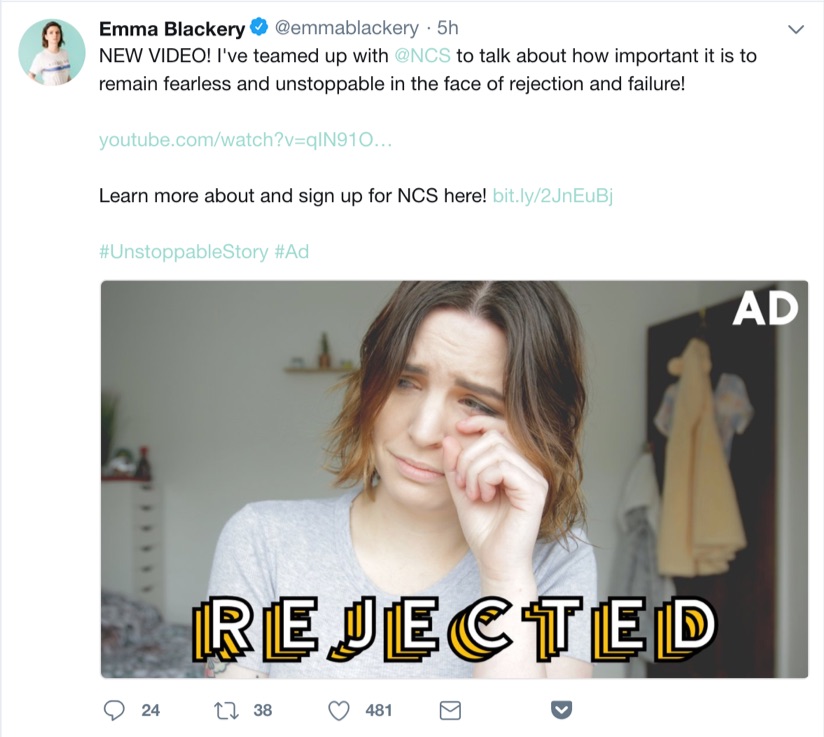
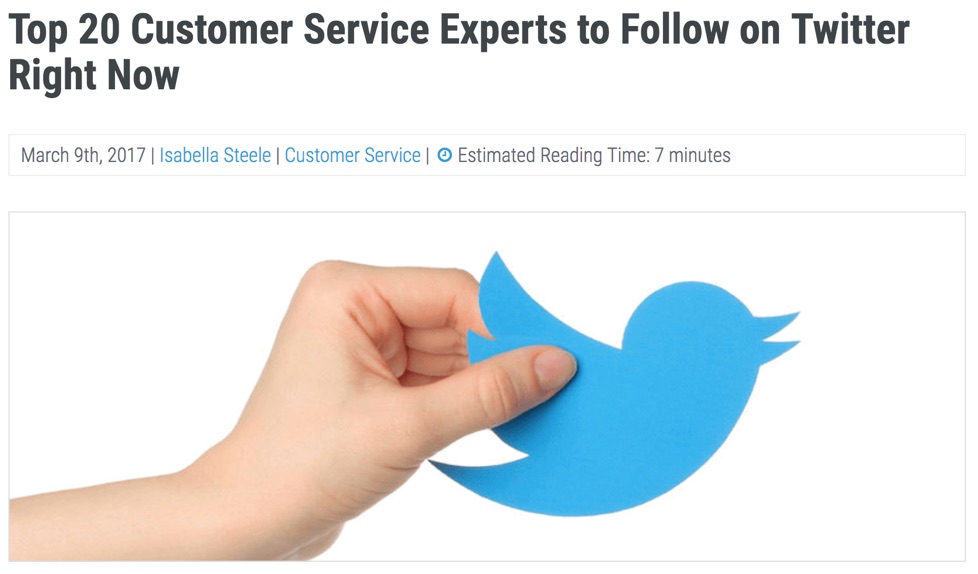
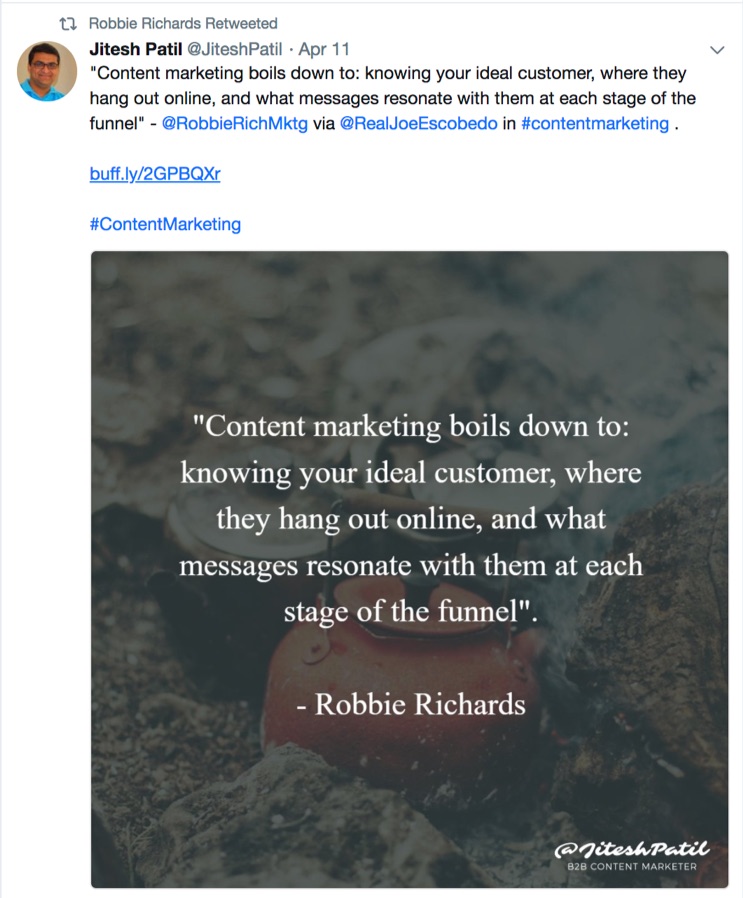
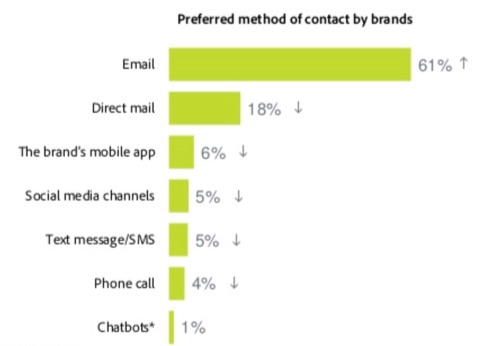
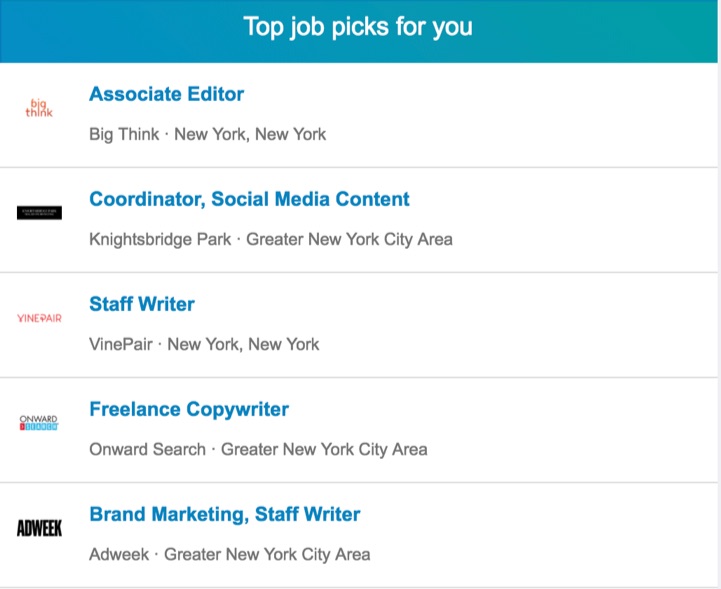

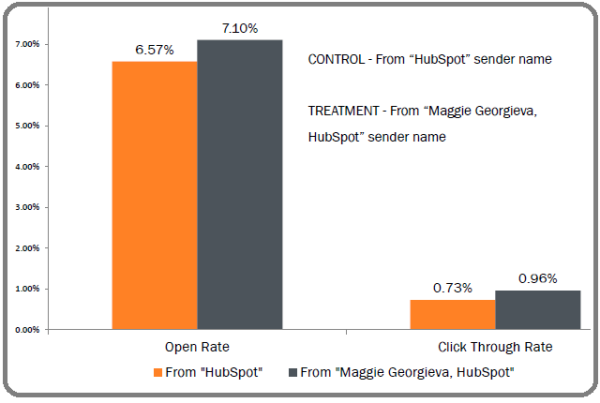
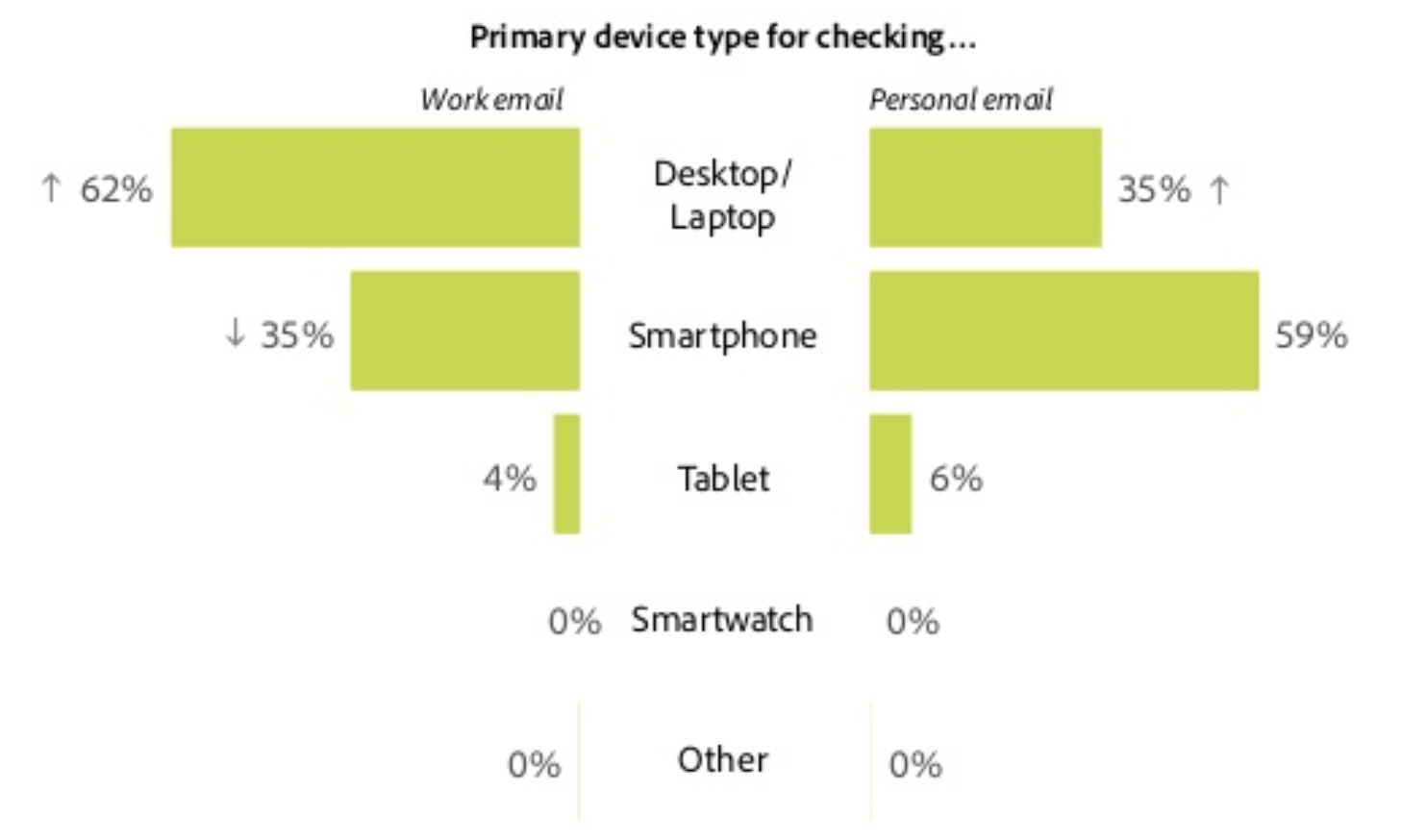
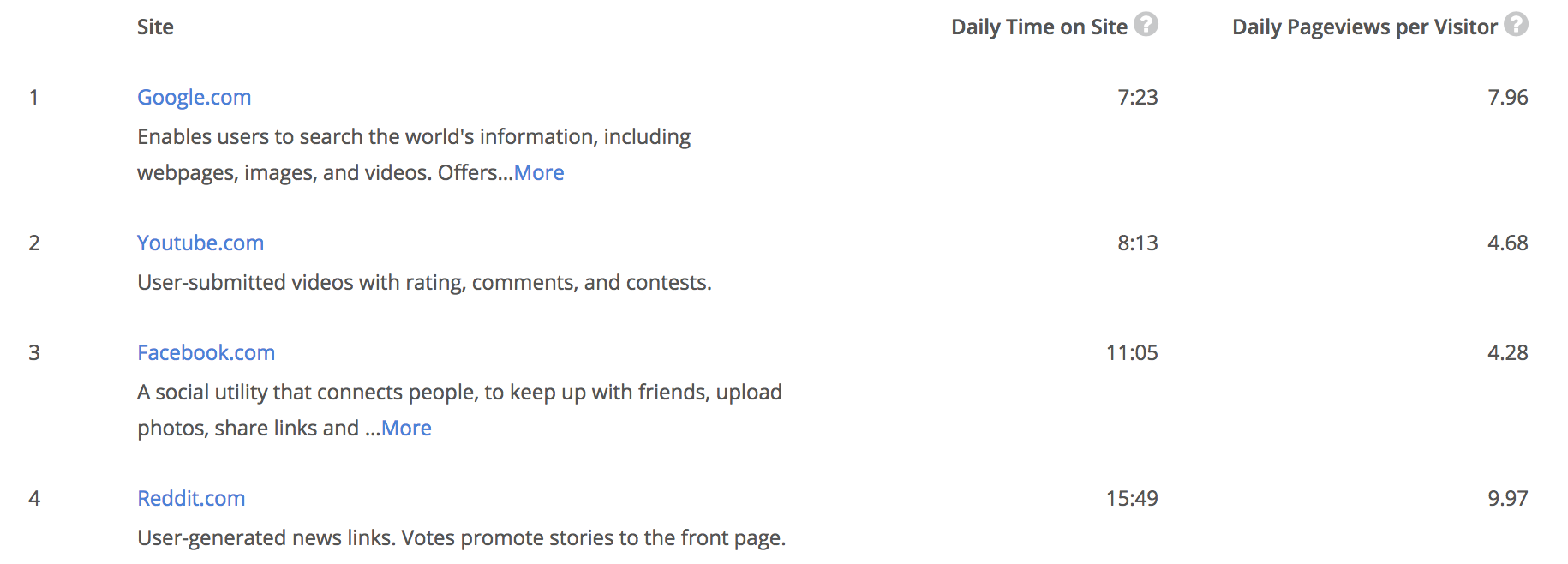



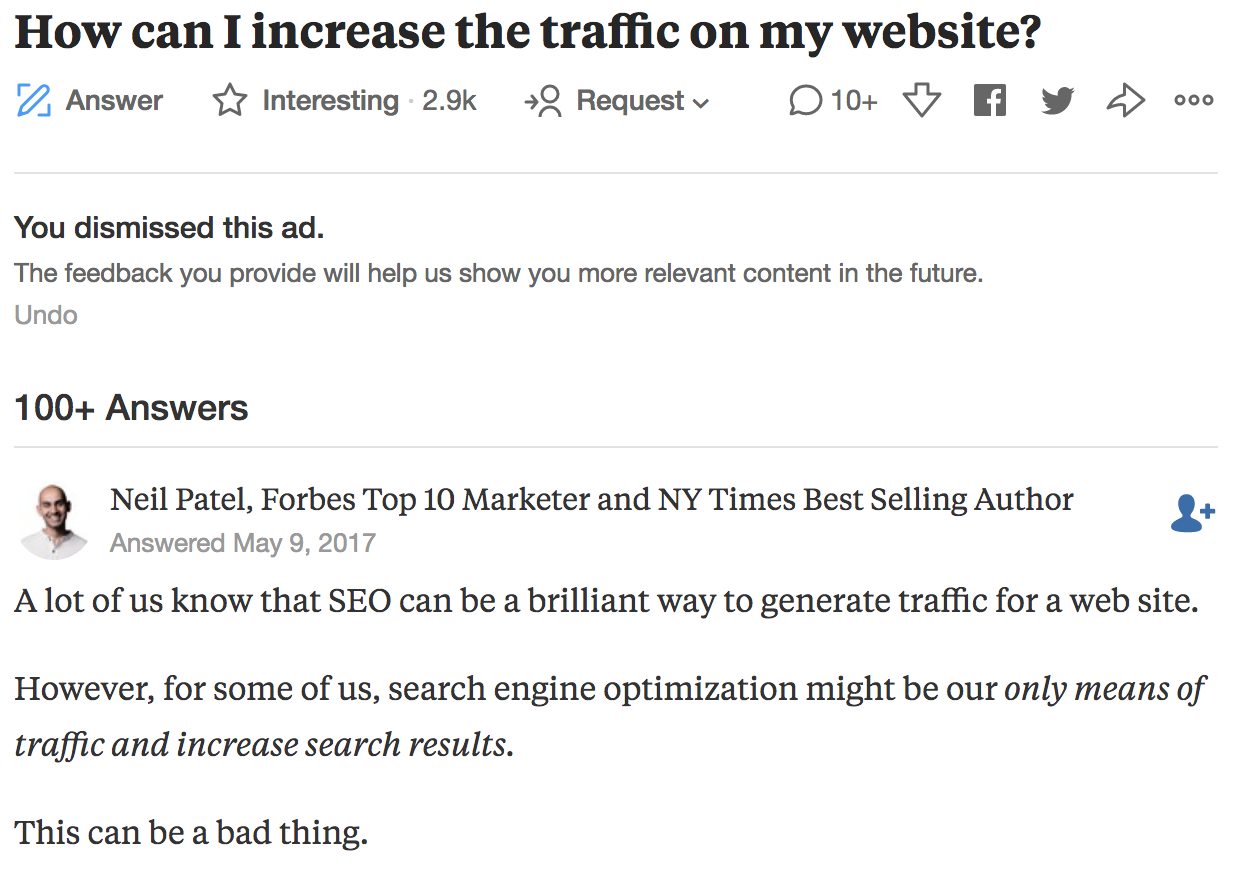
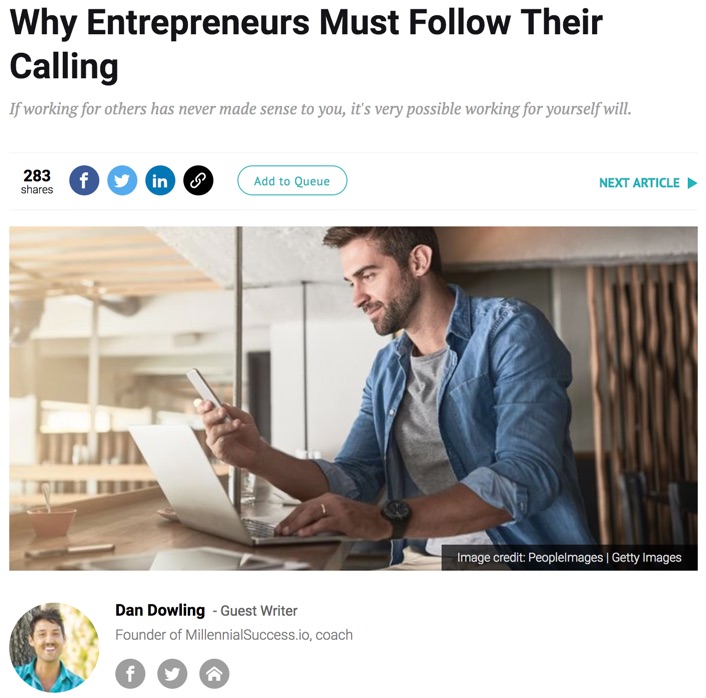
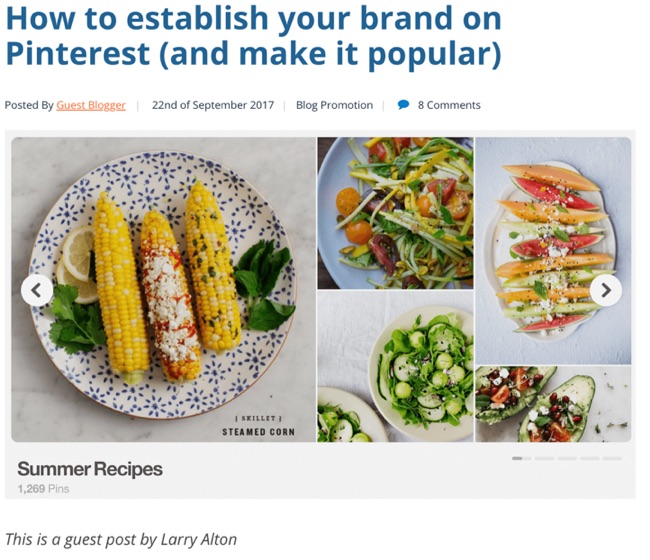
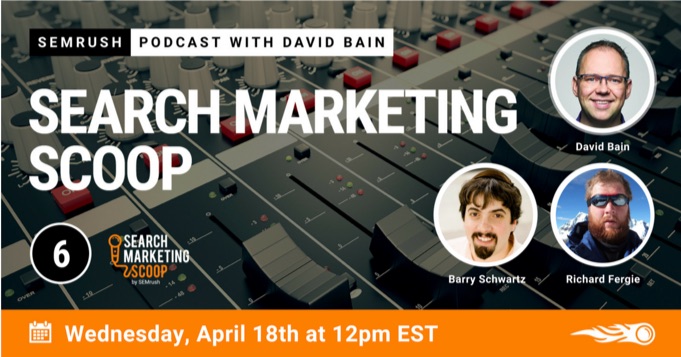
Comments (13)